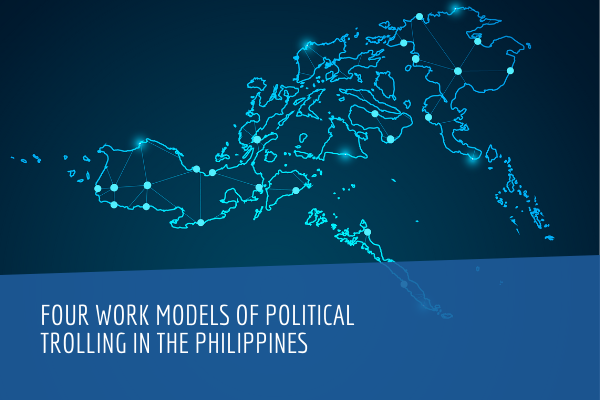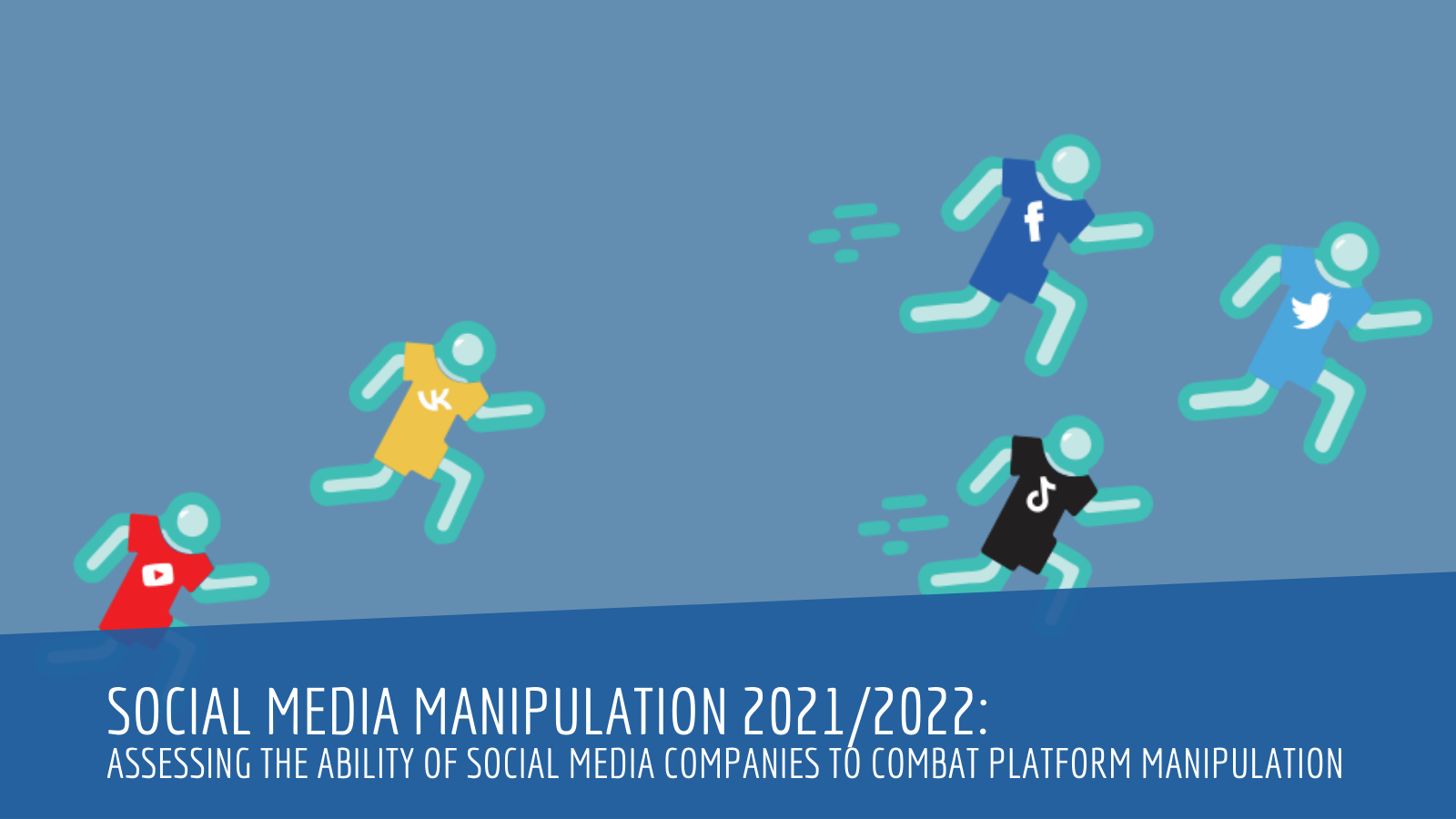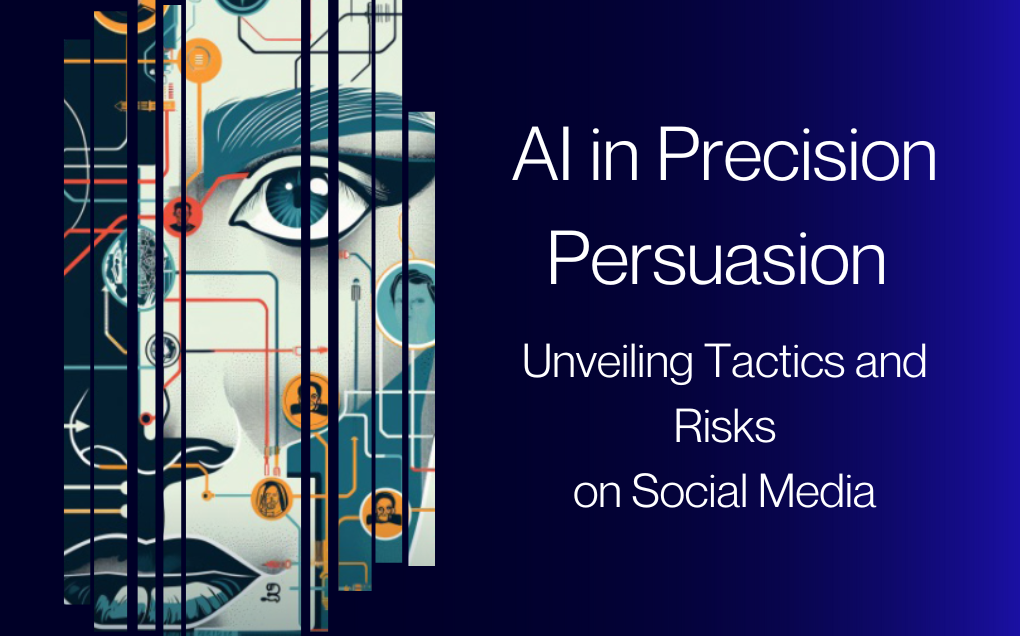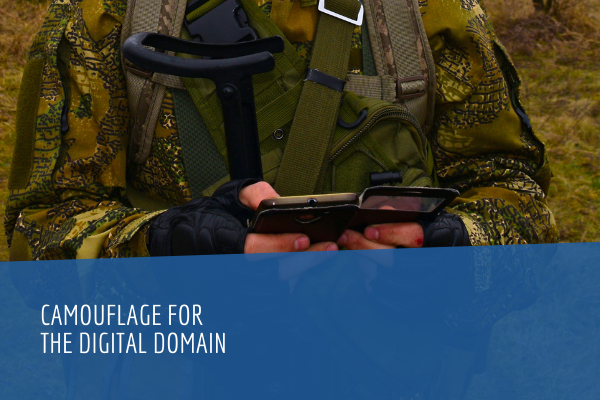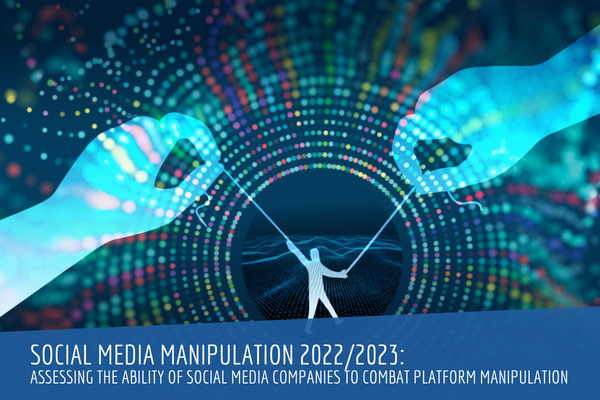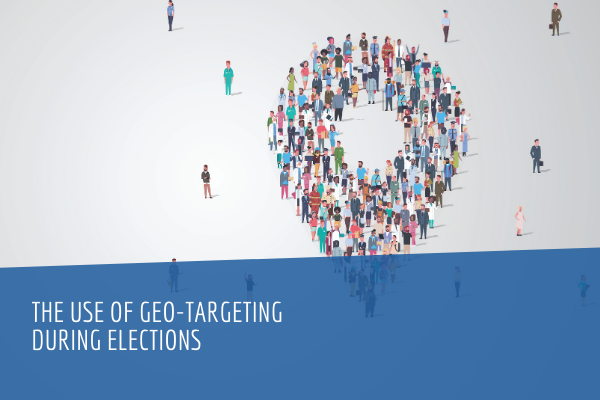The Philippines represents a national context where disinformation is becoming ever more entrenched into the political system, in spite of global attention and investment in the fight against fake news. Three years ago, a toxic election campaign headlined by misogynistic rape jokes, false papal endorsements, and imposter news websites ended with a surprise outcome that upended the entire political establishment. In the May 2019 midterm election, new interventions such as platform bans, fact-check partnerships, and digital advertising rules were introduced to curb the spread of similar tactics.
Recent research discovered, however, that the digital disinformation industry has only further expanded and flourished, with digital operators controlling a more substantial chunk of the political campaign war chest. As the Digital Disinformation Tracker project found from its monitoring of the 2019 election,1 influence operations in the Philippines have intensified and diversified: both administration and opposition candidates mobilised their click armies, national and local races were affected by fake scandals insinuated by conspiratorial YouTube channels and seeded in Facebook closed groups. Even Instagram celebrities promoted politicians in between posts endorsing clothing brands or holiday destinations.
Worryingly for the rest of the world, recent reports suggest that the fast-growing digital disinformation industry in the Philippines is set to export its services to a more global clientele.2 The May elections showed that the more entrepreneurial actors in the country’s disinformation industry have
This report synthesises findings based on over three years of ethnographic research, during which we gained unprecedented access to authors of fake news and producers of disinformation campaigns.
learned to play cat-and-mouse games with platforms and fact-checkers, evading detection while maximising profits from opportunistic clients. If these disinformation workers go on to offer their services as consultants, producers, and click army suppliers for politicians elsewhere in the world, their damaging effects would be amplified globally.
As the Philippines is at the forefront of digital innovation for political trolling in today’s polarised and contentious political environment, it is crucial to reflect on lessons gleaned from that experience to help us anticipate, and possibly mitigate, the continued evolution and expansion of disinformation in other democracies. As one Facebook executive said, the Philippines is ‘patient zero’ in the global disinformation epidemic,3 and many election integrity interventions have been tested here with the aim of exporting them to other countries.
This report synthesises findings based on over three years of ethnographic research, during which we gained unprecedented access to authors of fake news and producers of disinformation campaigns who provided long-form interviews.4 The main aim of this report is to shed light on the variety of work arrangements of digital political trolling that continue to hide in plain sight.
We concentrate on three organisational models of disinformation production we observed in our research, namely 1) the in-house staff model, 2) the advertising and PR model, and 3) the clickbait model. We also reference the features of a fourth model of disinformation production—the state-sponsored model of disinformation—drawing on secondary data from journalistic investigative reports on digital campaigns used to promote state policy, delegitimise dissenters, and attack opposition figures.
Mapping out the work arrangements and financial reward structures used by the disinformation industry enables us to understand the spectrum of political and commercial motivations that fuel fake news campaigns, which in turn allows us to generate policy recommendations to counter digital disinformation. Such policies must involve insights not only from national institutions, but also civil society groups, the media, big tech, and academia.
Our study reveals political trolling as an ever-expanding and financially lucrative industry with established work hierarchies, reach and engagement metrics, and monetisation strategies that do not require a dark web to support a black market. The fake news industry in the Philippines is thriving because of the complicity of politicians and industry players in the political consultancy business, advertising and PR firms, and the digital influencer industry. Taking this broader perspective enables us to zoom out from present-ist explanations that attribute the fake news epidemic in the Philippines to the current administration or certain villainous personalities as the main ‘purveyors of fake news’.
Ultimately, this report argues that disinformation is not produced in a vacuum with a centralised chain of command; it requires collaboration and competition among various types of workers in distributed labor arrangements that offer clients and strategists a level of plausible deniability regarding responsibility for the real consequences of their hateful speech or conspiratorial messages. Just as the studies it builds on, this report takes a production studies approach to digital disinformation—examining this phenomenon as a ‘culture of production’,6 paying attention to the cultural roots, creative industry logics, and political system vulnerabilities that have enabled ‘fake news’ innovations and angry populism to land on well-prepared ground.
We listened to fake news producers describe their intentions and experiences in their own words. They shared the stories of how they came to work in the digital underground, which provided some insights into how they could sleep at night knowing the work that they did. We compared their accounts with our own observations of the conditions in which they work, including pay structure, work hours, and the locations from which they operated their troll accounts—from call-center-like offices to five-star penthouses. This allowed us to build models of disinformation production that are inherently social, underscoring how the different workers drew on institutional knowledge, professional skills, and interpersonal relationships as they innovated techniques of political deception.
Ultimately, this report argues that disinformation is not produced in a vacuum with a centralised chain of command.
